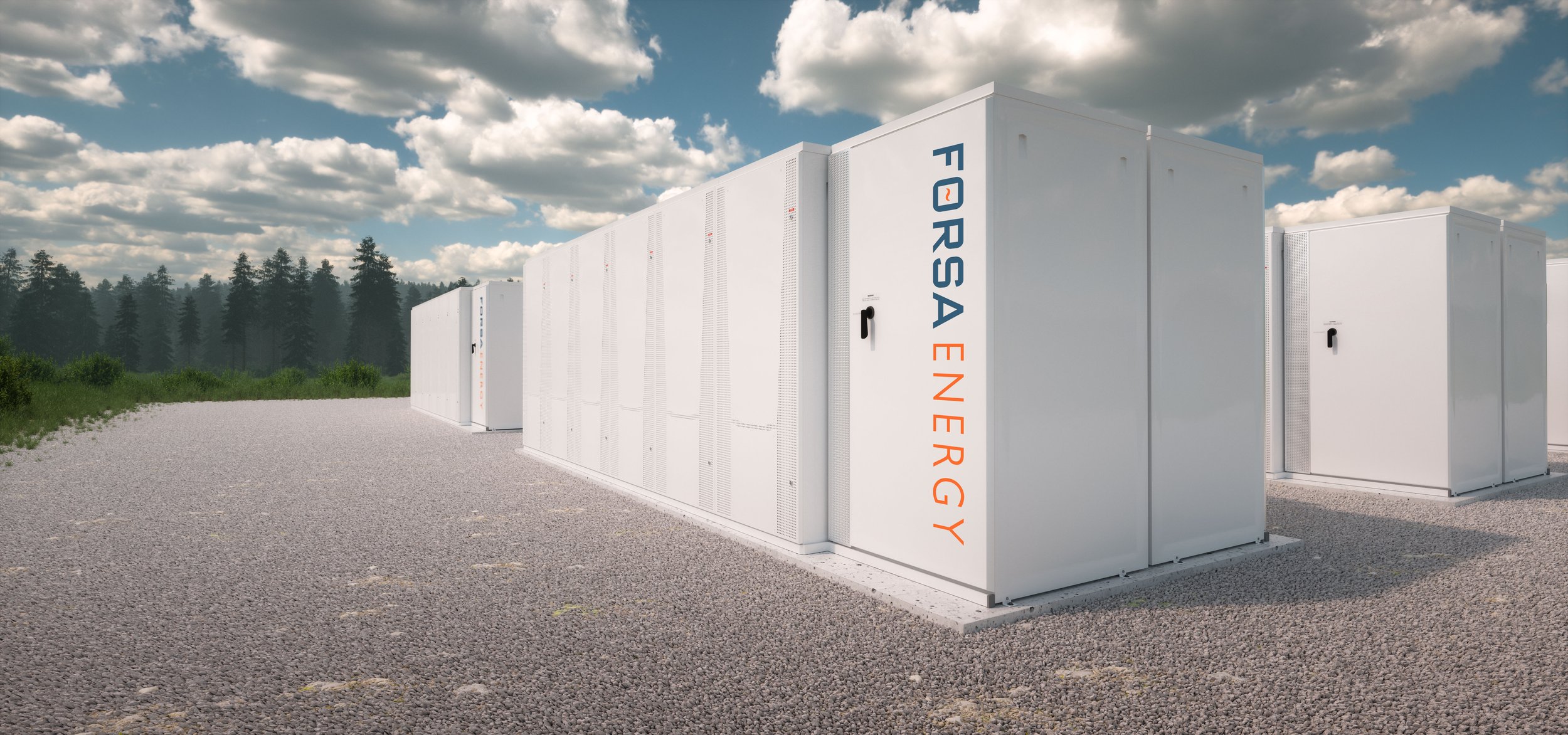
Energy Storage
Battery Energy Storage Systems (BESS) are one of the key technologies at our disposal for ensuring both sustainable and reliable electricity.
Battery Energy Storage Systems (BESS) also have a vital role to play in supporting flexibility and the transition towards a net-zero energy system. They act as a key to unlocking the full potential of intermittent renewable technologies. By harnessing renewable energy during times of low demand or excess production, we can charge our batteries, and then discharge the electricity back into the grid during periods of high demand or low renewable production, helping balance supply and demand. This allows us to help ensure a secure, efficient and clean electricity supply using green technologies.
BESS also complements renewable energy generation in another significant way; they enhance the efficiency of wind turbines by mitigating curtailment. Curtailment occurs when there is low energy demand and high wind, resulting in turbine operators being paid to stop generating power. With effective battery storage deployment, we can store this excess electricity and utilize it when demand is high, thereby preventing wastage.
According to the National Grid's Future Energy Scenarios report, in a net-zero world the UK could exceed 50GW of energy storage capacity by 2050. The significance of this technology in shaping the future of energy cannot be overstated.
At Forsa, we are committed to championing the integration of renewable energy and battery storage solutions and driving the transformation towards a sustainable and resilient energy landscape. At present, we have a BESS development pipeline of over 260MW. These projects are strategically located throughout the UK, with some situated adjacent to our flexible generation operational sites. By strategically placing our storage facilities, we ensure optimized energy distribution and utilization.


